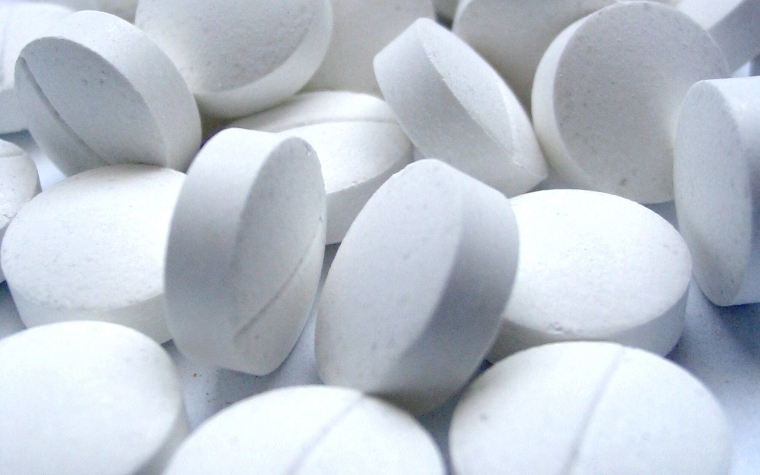
The Trump administration is drafting a final executive order that could drastically change how U.S. drug companies and patients will interact with the international community.
According to Politico, a draft of a long-awaited executive order meant to address the issues of rising drug prices and overall cost of medicine will empower the Office of the U.S. Trade Representative (USTR) to protect the intellectual property rights of American drug companies abroad.
Michael Hamilton, a research fellow in health care policy for the free-market leaning Heartland Institute, told Patient Daily that the order could potentially create cheaper drug prices.
“The draft order apparently supports enforcing U.S. trade laws, meaning foreign countries should find it harder in the future to coerce U.S. drug companies into selling drugs at a loss in those countries,” Hamilton said. “This is an important protection for U.S. patients, who end up paying higher prices for drugs to make up for the losses U.S. drug companies absorb when selling to corrupt foreign countries.”
Thomas Bollyky, senior fellow for global health, economics and development at the Council on Foreign Relations, believes that drug importation should be focused on trade solutions like promoting generic medications.
“The critically important role that generics play in the United States is in jeopardy due to changing dynamics in the domestic generic drug marketplace that have reduced competition among generic manufacturers," Bollyky wrote in a study on drug importation. "This competition is essential to assure sufficient supplies and reasonable prices. The three-pronged strategy outlined here can restore the balance required to maximize competition, normalize prices and put those who improperly thrive on market failures out of business to the ultimate benefit of the patients who depend on life-saving generic drugs."
The draft order is said to also empower USTR to help identify what international trade agreements need to be renegotiated to protect intellectual property which could yield lower prices for consumers in the United States and higher prices for international consumers, Politico reported.
Hamilton said soaring drug prices are linked to other factors outside of the potential effects of an executive order.
“Many Americans who are justifiably enraged by soaring health care prices under Obamacare assume attacking the profits of drug companies is the solution,” Hamilton said. “They're mistaken. Government regulation has driven up prescription drug prices, just as the Affordable Care Act has caused insurance premiums to spike. Companies spend an average of $5 billion to bring a single drug to market, thanks in part to onerous Food and Drug Administration regulations. Easing FDA restrictions would increase the supply of drugs, inspire competition and lead to lower prices for patients.”
The other ways the drug industry would be affected by this draft order could include a reform in some programs that subsidize drug prices for uninsured and underinsured patients and other forms of regulatory relief.
A call for agency initiatives that help promote and increase generic and biosimilar pharmaceuticals could also be part of the order.